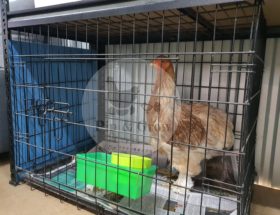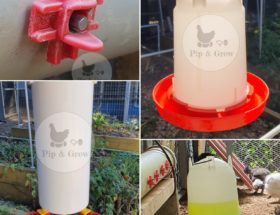⚠️ Content Warning: This post discusses euthanasia as an option. (no graphic image included) If this is a sensitive topic for you, please feel free to skip. Thank you for your understanding.
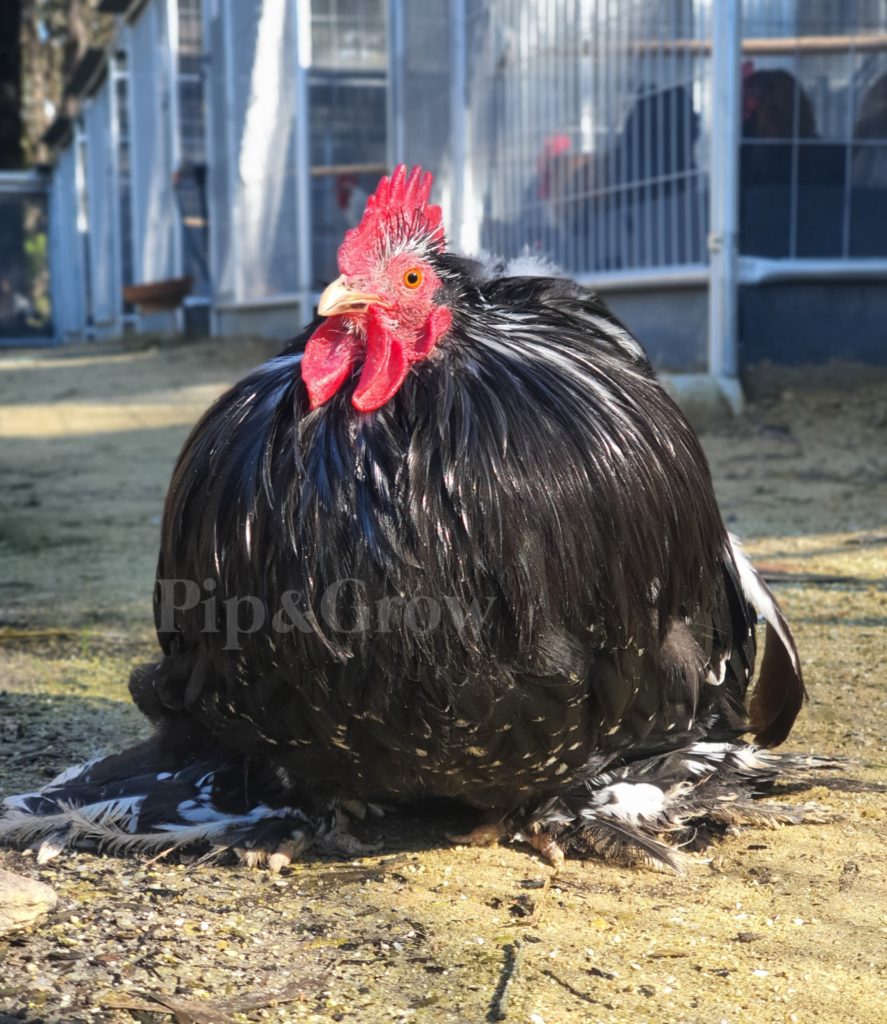
We’ve hesitated to discuss this topic, as we like to keep our page lighthearted, and we know this may be an uncomfortable subject for some readers. Everyone has a unique perspective on these issues, which we respect wholeheartedly.
We encourage everyone planning to purchase any fertile eggs, chicks (sexed or unsexed) to consider;
– Keep in mind that with fertile eggs and chicks, some will inevitably be male.
– The male-to-female ratio in chicks can vary widely—from 0% to 100%. Statistically, Mother Nature leans toward a 50/50 split, but this balance is likely only seen over large numbers across an entire season. When selecting from a small handful of chicks, the outcome can be far less predictable; you might end up with all males, all females, or a mix of both one more than the other.
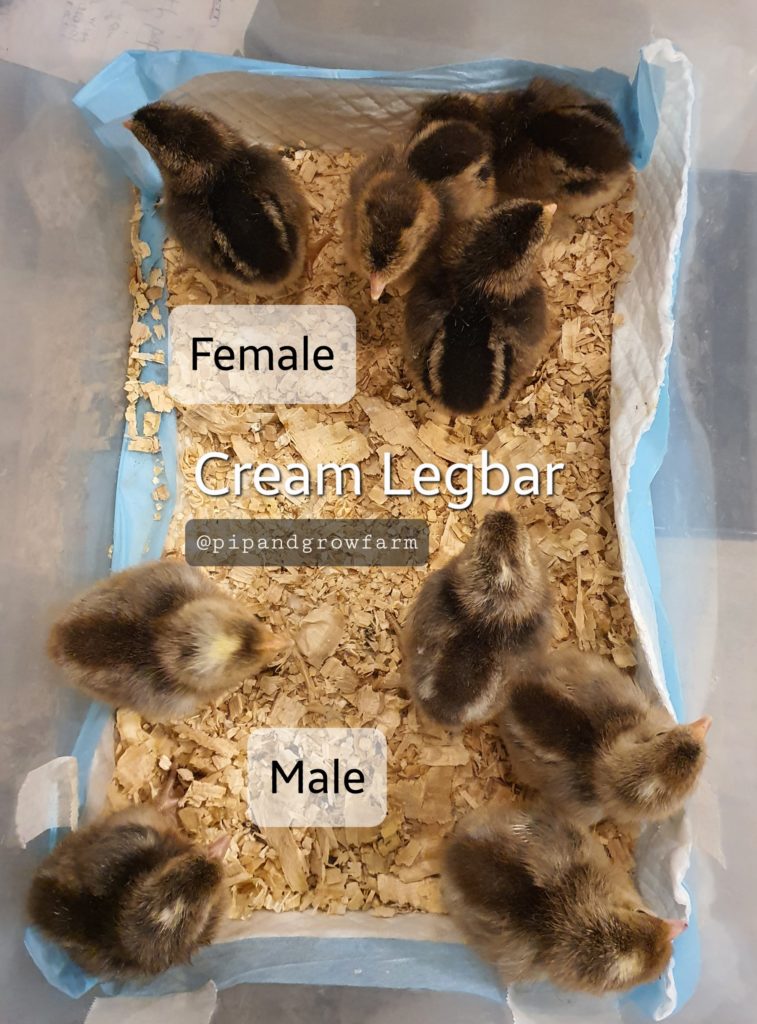
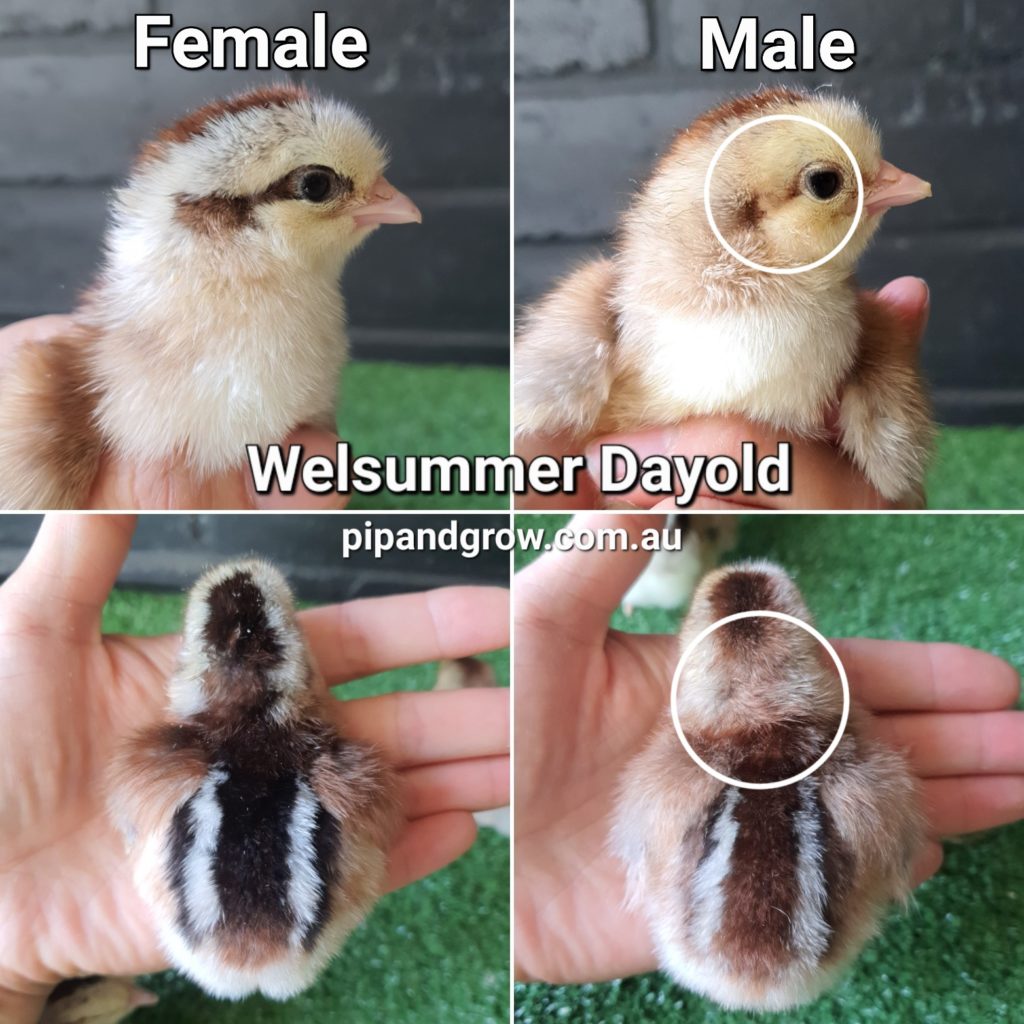
**For certain breeds, like Legbars, Welsummers, and Chocolate sex-linked crosses, we can sex chicks at hatch by color or markings, so we offer these as “sexed pullets.” Click here to read more However, most other heritage breeds are offered as unsexed due to the limits of sexing accuracy.
Some breeders may offer these “other” unsex-able breeds as sexed chicks, done by professional sexer; vent or probe sexing methods. However, we’ve received numerous reports from customers over the years where some sexed chicks turned out to be males. One of the worst cases involved 5 males from 6 sexed chicks. Vent and probe sexing are highly skilled techniques that require years of training, and their accuracy often depends on the skill level of the person performing the procedure. Sexed chicks are no exception, and male birds can still occur. Therefore, when you purchase sexed chicks make sure to ask,
“What if any of them turn out to be males? Do you offer a refund, replacement, or will you take them back?”
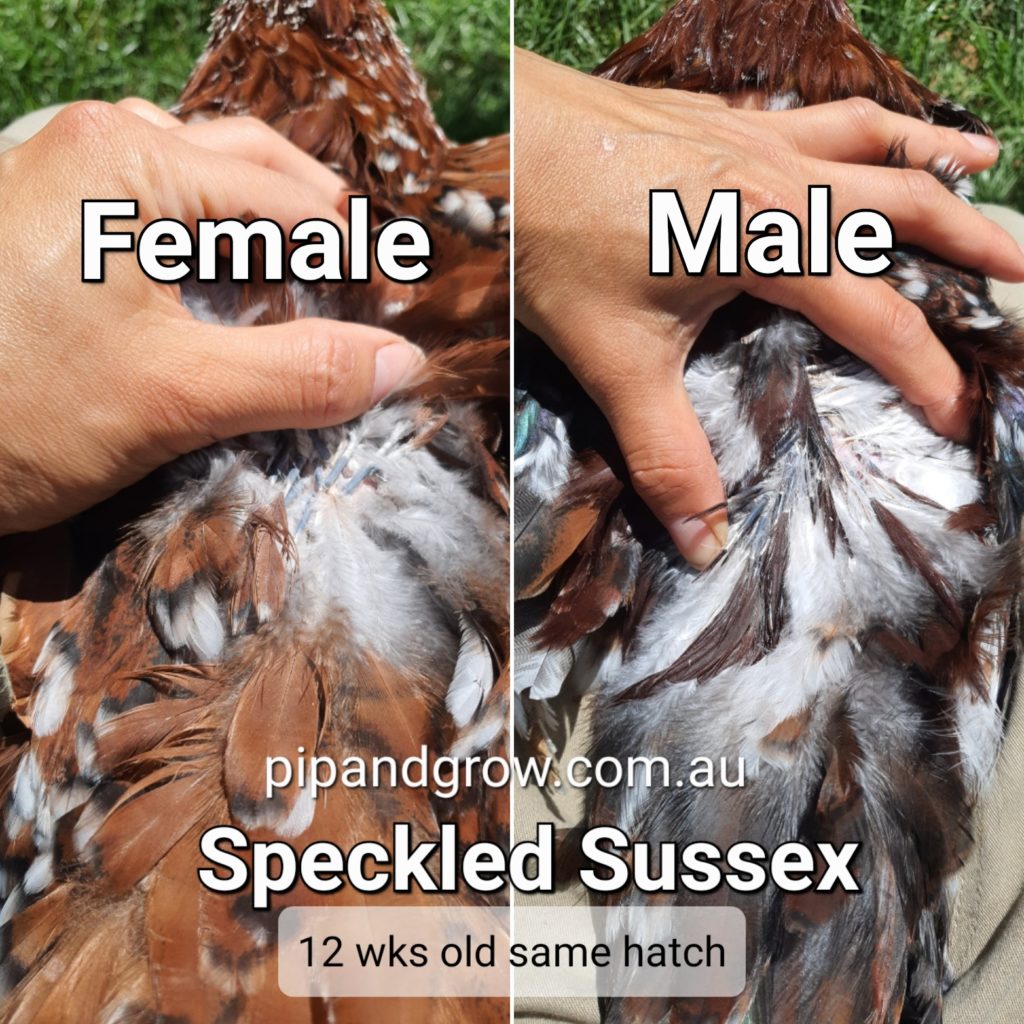
Are you allowed to keep roosters?
If not, please have a plan for handling male birds. Whether that’s finding a friend or family member with a farm or dispatching and filling the freezer, it’s always best to have a plan before the need arises.
Some breeders may offer to take back male birds, make sure you ask prior purchase if that is the case.
Unfortunately, we are unable to provide this service. Taking back birds that have been outside poses significant biosecurity risks for our flock, as many poultry diseases can be carried by birds that seem healthy or spread through human contact. We have no way of knowing what type of environment or contact with wild birds they may have had, and assessing their health based solely on appearance is not reliable.
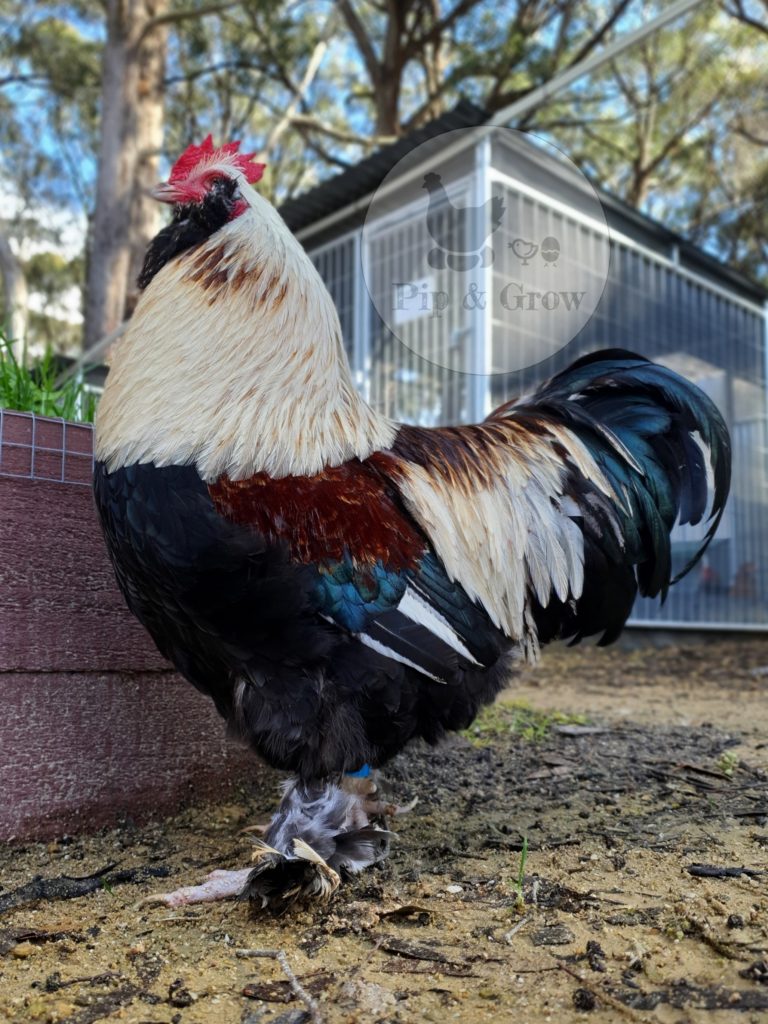
“He’s from Pip & Grow; he should be easy to rehome or sell.” – BIG NO
Hatching a dozen eggs from CHAMPION parent birds does not guarantee a dozen champions. In fact, our birds aren’t champion-level themselves, and most will simply be average. Even when we raise a dozen males from our own stock, we might be fortunate to have just one “workable” male by the end. Those seeking a breeding rooster will want a high-quality bird, not just any rooster, and the fact that he comes from our farm doesn’t mean he’ll automatically be ideal for breeding or widely sought after.
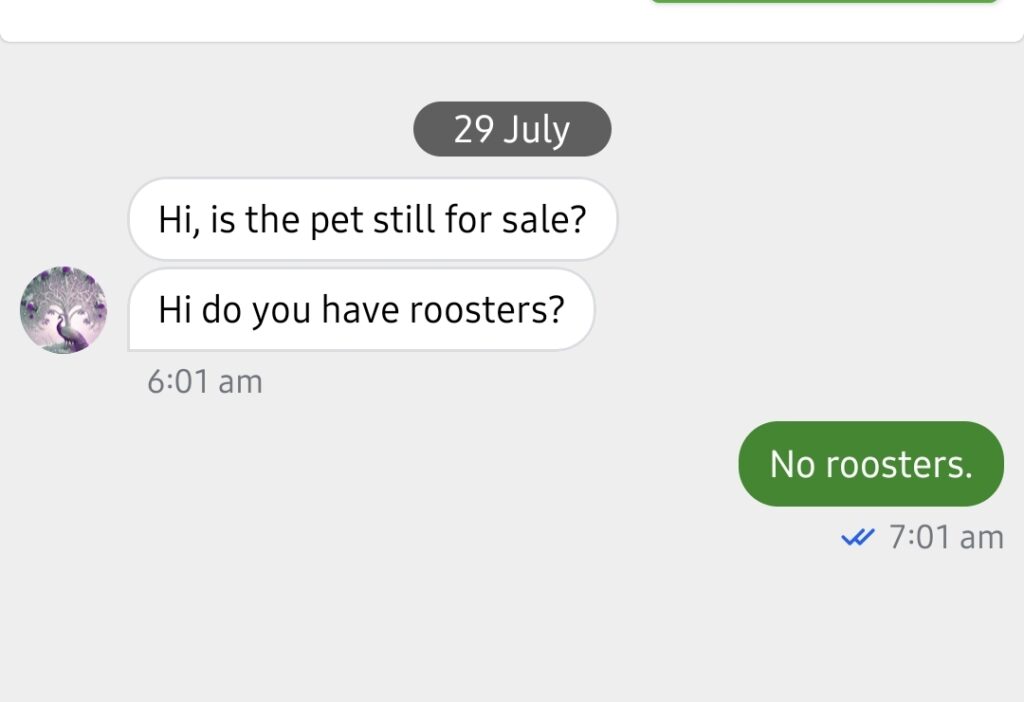
Rehoming on platforms like Gumtree or Facebook
If you only need your rooster gone, regardless of whether he ends up as a pot or pet bird, listing as “free rooster” will get responses quickly.
a. Some may take him for the pot, with no way to guarantee how he will be treated before euthanasia or how respectfully it will be done.
b. Certain individuals collect unwanted poultry for resale at a higher price or take them to weekly auctions for profit.
c. Some may use these birds for breeding but keep them in poor conditions, similar to a “puppy mill,” just to produce eggs or chicks for money.
d. Reports in certain areas have even linked “free roosters” to cockfighting, bait, or training purposes.
There are many individuals who may unfortunately make false claims. If you want to ensure your bird goes to a good “pet” home, please ask questions and check where he’ll be going before handing him over.
To clarify, we don’t have any issue with those who raise chickens and dispatch their own roosters for freezer stock—if you can do it yourself, why not? Knowing where your food comes from is an admirable choice. We just can’t do it ourselves because we’re too emotionally attached to the birds we raise.
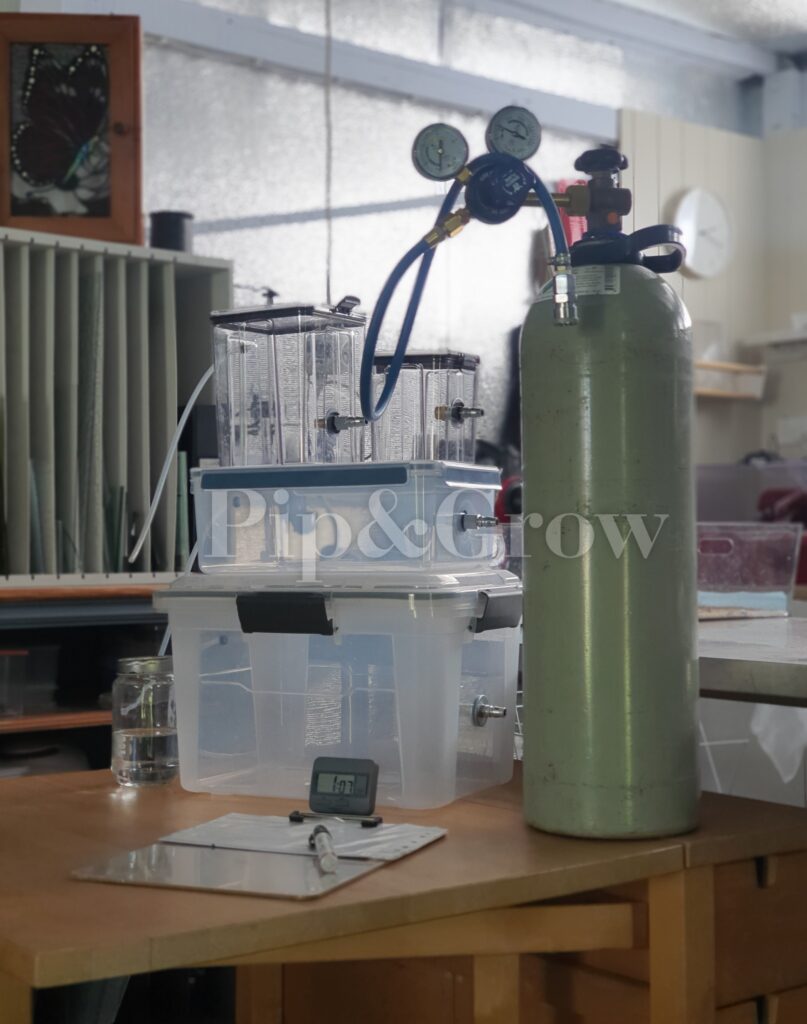
What We Do at Pip & Grow
We value every life, whether male or female, and put the same effort and love into bringing each chick out of its shell. Deciding what to do with male chicks is never easy, but as we’ve started hatching a few breeds that can be sexed at hatch, we recognise the responsibility this brings.
For day-old chicks that can be sexed at hatch, after filling orders and selecting the best males from each batch, we humanely euthanize chicks using food-grade CO₂. This process is carried out respectfully and peacefully. We offer these chicks to local reptile keepers, allowing their lives to have meaning and return to the earth.

For older birds, such as males that didn’t meet breeding standards, retired breeders, or those with injuries, we donate them to local zoos or wildlife rescue centers where they serve as sustainable feed for carnivores. We’ve followed this practice for the past few seasons. It’s never an easy choice, and it’s still a difficult process getting them ready and driving them down, but we wouldn’t have it any other way. We take comfort in knowing they are treated with respect, free from mistreatment, and that their lives contribute to the care and well-being of other animals.
If you purchased un-sexed chicks and fertile eggs from us and are unable to keep male birds, we encourage you to consider donating them, rather than giving them away to “unknown” individuals. Please contact us if you are happy to take this option. For other areas e.g. interstate or birds from other sources, we recommend reaching out to your local zoo or wildlife rescue.
Please note: Not all zoos accept donations, nor do all have the facilities for live birds. Donated birds must be free of disease, illness, and rodent poison exposure, as bringing in diseases poses huge biosecurity and safety risks.
